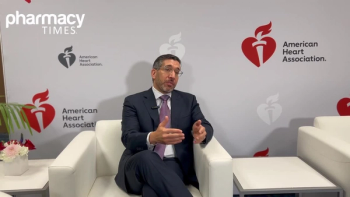
Expert reveals ongoing disparities in heart valve disease care, stressing the need for improved diagnosis and treatment equity for vulnerable populations.

Expert reveals ongoing disparities in heart valve disease care, stressing the need for improved diagnosis and treatment equity for vulnerable populations.
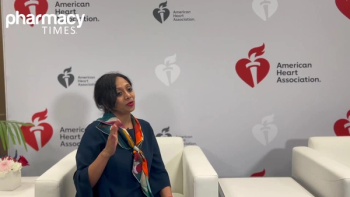
Boehringer Ingelheim showcases its commitment to cardio-kidney-metabolic research, highlighting innovative therapies and advancements at AHA 2025.
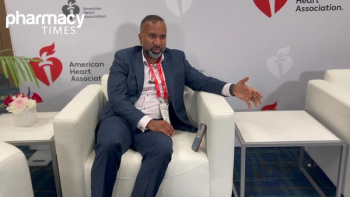
Discover how emerging therapies in cardio-kidney-metabolic health reshape disease management at AHA 2025, highlighting interconnected health pathways.
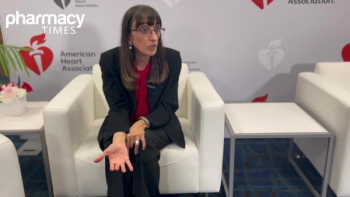
A new wrist-worn accelerometer device effectively monitors activity levels in heart failure patients, revealing critical insights into cardiovascular health.

Explore the critical role of pharmacists in improving cardiovascular health and addressing mortality trends in underserved communities.
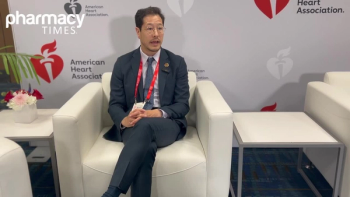
Shoa Clarke, MD, PhD, discusses the need for improved cholesterol testing and treatment in young adults, emphasizing the vital role of primary care teams and pharmacists in early intervention and adherence.
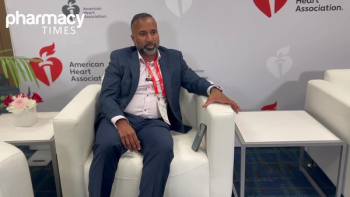
Explore the link between chronic kidney disease and cardiovascular risk, highlighting the importance of GFR and albuminuria in patient care.

Explore the need for integrated approaches in cardiovascular and kidney health to combat rising mortality rates and improve patient outcomes.
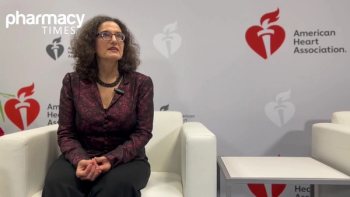
Discover how Sotatercept impacts cardiovascular health and its potential benefits for patients with pulmonary arterial hypertension (PAH) in this insightful article.

Pharmacists play a vital role in managing cardiovascular health, addressing medication adherence, and educating patients, said Zia Ul Haq, MPH, MBBS.

Panelists explore how future research may expand the role of CDK4/6 inhibitors across treatment settings and patient populations.

Panelists discuss emerging clinical studies exploring innovative combinations and next-generation approaches to enhance CDK4/6 inhibitor efficacy.

Discover the importance of early screening for type 1 diabetes and how it can prevent life-threatening complications.

Pharmacists enhance community health by providing accessible care, managing complex medications, and fostering trust in patient relationships.
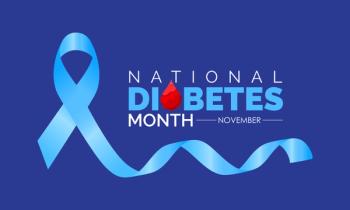
Shara Bialo, MD, emphasizes the critical role of autoantibody screening in early T1D detection, enhancing patient outcomes during American Diabetes Month.

Shara Bialo, MD, emphasizes the critical role of autoantibody screening in early T1D detection, enhancing patient outcomes during American Diabetes Month.

Richard Kovacs, MD, underscores the pharmacist’s role in educating patients about sodium reduction, monitoring blood pressure, and ensuring safe transitions to low-sodium oxybate therapy.

Two experts discuss sessions that covered perimenopause, premature ovarian insufficiency, GLP-1–based treatments, and the health needs of Indigenous and Hispanic women.

Explore the impact of GLP-1 medication on weight loss in menopausal women, highlighting the need for personalized treatment approaches.
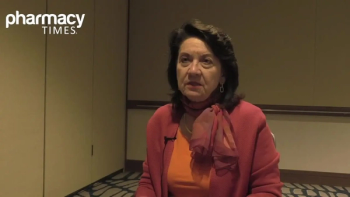
Pharmacists play a crucial role in supporting women through menopause, offering education on treatments, side effects, and long-term health management.

Rajinder Shiwach, MD, MRCPsych, outlines how pharmacists can strengthen retention, patient education, and access to rapid induction strategies for opioid use disorder treatment.

Panelists discuss how unmet needs in early and metastatic breast cancer include overcoming endocrine resistance, improving adverse effect management, ensuring guideline-concordant care, addressing long-term toxicities, and expanding the role of pharmacists in monitoring, clinical trial integration, and advancing the evolving CDK4/6 inhibitor pipeline.

Panelists discuss insights from real-world data on CDK4/6 inhibitor use, including outcomes across diverse populations and clinical settings.

Panelists review key trial data that reinforce the value of CDK4/6 inhibitors in metastatic breast cancer and discuss implications for clinical practice.

Panelists discuss how pharmacists and multidisciplinary teams can empower patients with early or metastatic breast cancer through education, adverse effect management, dose adjustments, frequent follow-up, and integration of CDK4/6 inhibitors with other therapies, while addressing logistical and clinical challenges in practice.
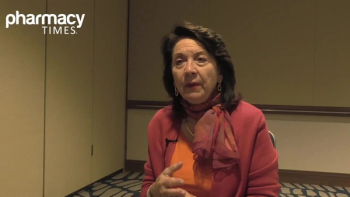
Pharmacists explore estrogen replacement therapy for young women with POI, discussing safe options and alternatives for managing menopause symptoms.

Richard Kovacs, MD, explains how switching from high-sodium to low-sodium oxybate led to meaningful blood pressure reductions and lower cardiovascular risk in patients with narcolepsy.

Rajinder Shiwach, MD, MRCPsych, discusses how rapid induction with extended-release buprenorphine improves patient retention and maintains comparable efficacy and tolerability to standard induction methods.
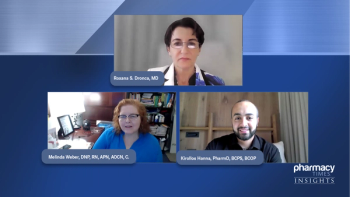
Panelists discuss how subcutaneous checkpoint inhibitors are appropriate for nearly all patients except those with severe cachexia limiting injection sites, with patient conversations emphasizing equivalent efficacy data, safety profiles, quality of life benefits including potential home administration, and the option to maintain IV therapy for patients who prefer their current regimen.

Explore the role of pharmacists in managing menopause-related vasomotor symptoms with innovative non-hormonal therapies like Elinzanetant.